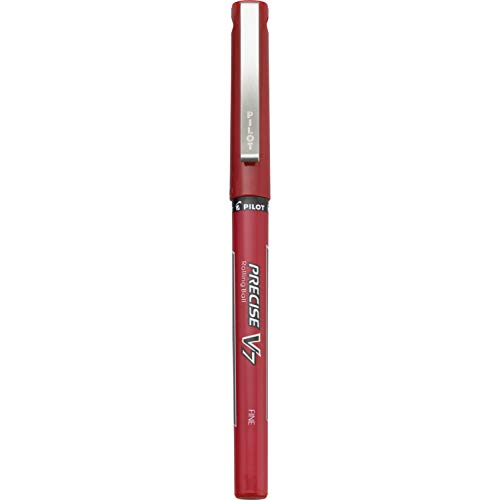Dodge City, the Cowboy Capital, and the great Southwest in the days of the wild Indian, the buffalo, the cowboy, dance halls, gambling halls and bad men (1913)
₱881.00
“One of the founders of Dodge City.” -Wild Bill and His Era, 1933″A true picture of life among buffalo-hunters, scouts, gamblers, stockmen.” -Warren King Moorehead, 1914″Knew Bat Masterson, Wyatt Earp, Luke Short, the Seven Old Timers, the badmen, and the Cowboy Band, and he shows you photographs.” -Month at Goodspeed’s 1938″He fought Indians, he hunted buffalo, he raised wheat, he was a merchant, a stock farmer, his kind are passing from among us.” -Report of William Connelley, 1916″Wright, of Dodge City, is the historian of the Trail in this county, and as he has lived on the Trail and traveled it.” -The Story of the Marking of the Santa Fe Trail 1915
In its early days Dodge City, a rendezvous of the wide-wandering bull-whacker, buffalo-hunter, cowboy, and desperado, as well as the home of the plain pioneer citizens who built so much of the region, was a perfect paradise for gamblers, cut-throats, and “fast women.” These rough characters guarded their reputations for honesty with a pair of Colt’s revolvers in their belts and wore their pants in their boots, and when they passed on, did so generally with their boots on.
With all that has been said about Dodge City no true account of conditions as they were in the early days was accessible until publication of Robert Wright’s 1911 book “Dodge City, the Cowboy Capital.” The author was especially well qualified to write a history of the “wicked city of the plains” since he had lived on the frontier for many years previous to the founding of the city and lived in the city from its opening. He had all the experience gleaned as a plainsman, explorer, scout, trader and as mayor of the town. His is a most interesting narrative of early days, as well as a very valuable contribution to western history.
Prior to founding Dodge City in 1868, at 16 years old Wright came West to Missouri. In 1859 he made the first of six overland trips across the plains to Denver. He was later appointed post trader at Fort Dodge in 1867, when Kiowa, Comanche, Cheyenne, Arapahoe, and Prairie Apache abounded there.
Wright was acquainted with old-school Western sheriff and gunfighter Bat Masterson, of whom he said, “Bat is a gentleman by instinct. He is a man of pleasant manners, good address and mild disposition, until aroused, and then, for God’s sake, look out!
“Bat was a most loyal man to his friends. If anyone did him a favor, he never forgot it. I believe that if one of his friends was confined in jail and there was the least doubt of his innocence, he would take a crow-bar and ‘jimmy’ and dig him out, at the dead hour of midnight; and, if there were determined men guarding him, he would take these desperate chances….”
Wright describes a typical day in Dodge:
“Someone ran by my store at full speed, crying out, ‘Our marshal is being murdered in the dance hall!’ I, with several others, quickly ran to the dance hall and burst in the door. The house was so dense with smoke from the pistols a person could hardly see, but Ed Masterson had corralled a lot in one corner of the hall, with his sixshooter in his left hand, holding them there until assistance could reach him….”

₱881.00













